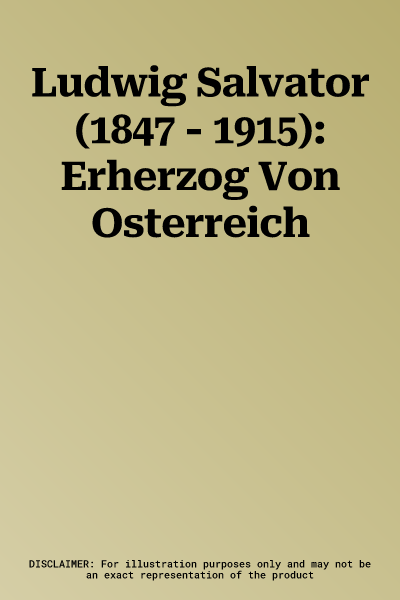Erzherzog Ludwig Salvator was one of the few public characters whose
scientific ambitions are still recognized after more than hundred years.
Today, his work is more relevant than ever before in view of the
significance of the Mediterranean region as cultural heritage in a
rapidly changing world. His work is based on the relationship between
humankind and nature. Recent years showed that environmental protection
and the sustainable use of resources are core components for a long-term
existence of humanity and conflicts are often based on the loss of
ecosystem services. A solution of such problems requires interlinked
thinking and a combination of technical, ecological and socioeconomic
disciplines, which eventually allows for entirely new and promising
approaches to be developed. However, this requires courage and creative
minds, such as Ludwig Salvator. He emphasized on the cultural heritage
and collected fables in Mallorca and studied galgolithic inscriptions.
At the same time, he documented flora and fauna in detail with drawings
and extensive records, assessed geological structures, as well as
agricultural systems and even how local markets and trade was organized.
His structured approach becomes obvious with the development of the
famous "Tabulae Ludovicianae", an extensive demographic-geographic
questionnaire. He collected responses of local decision makers and
experts and systematically combined the gathered information with his
own records in a meaningful way. This collection of contributions of a
symposium represents evidence for the holistic approaches and innovative
pioneering work of Ludwig Salvator and attempts to provide an overview
of his activities and manifold legacies.

